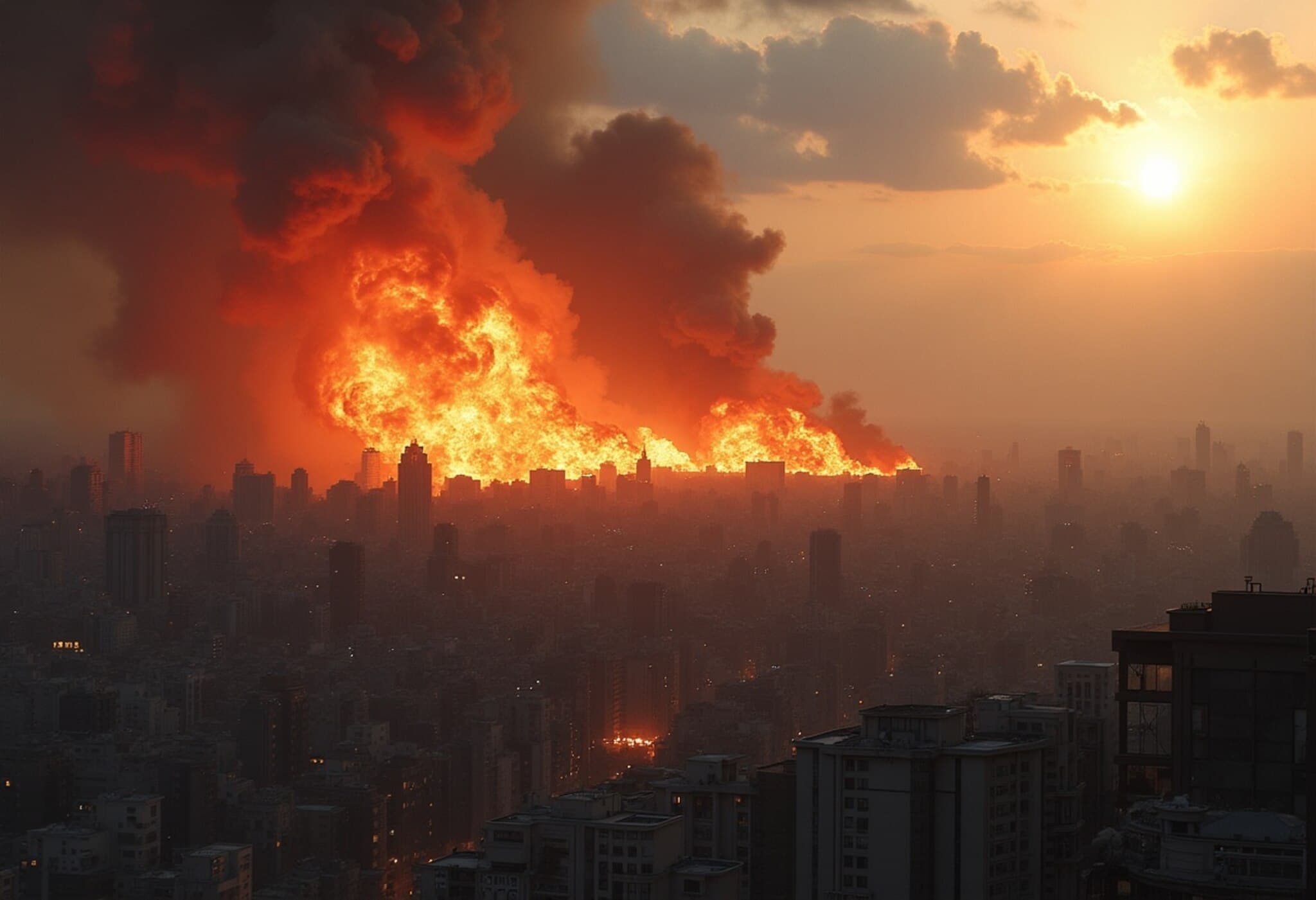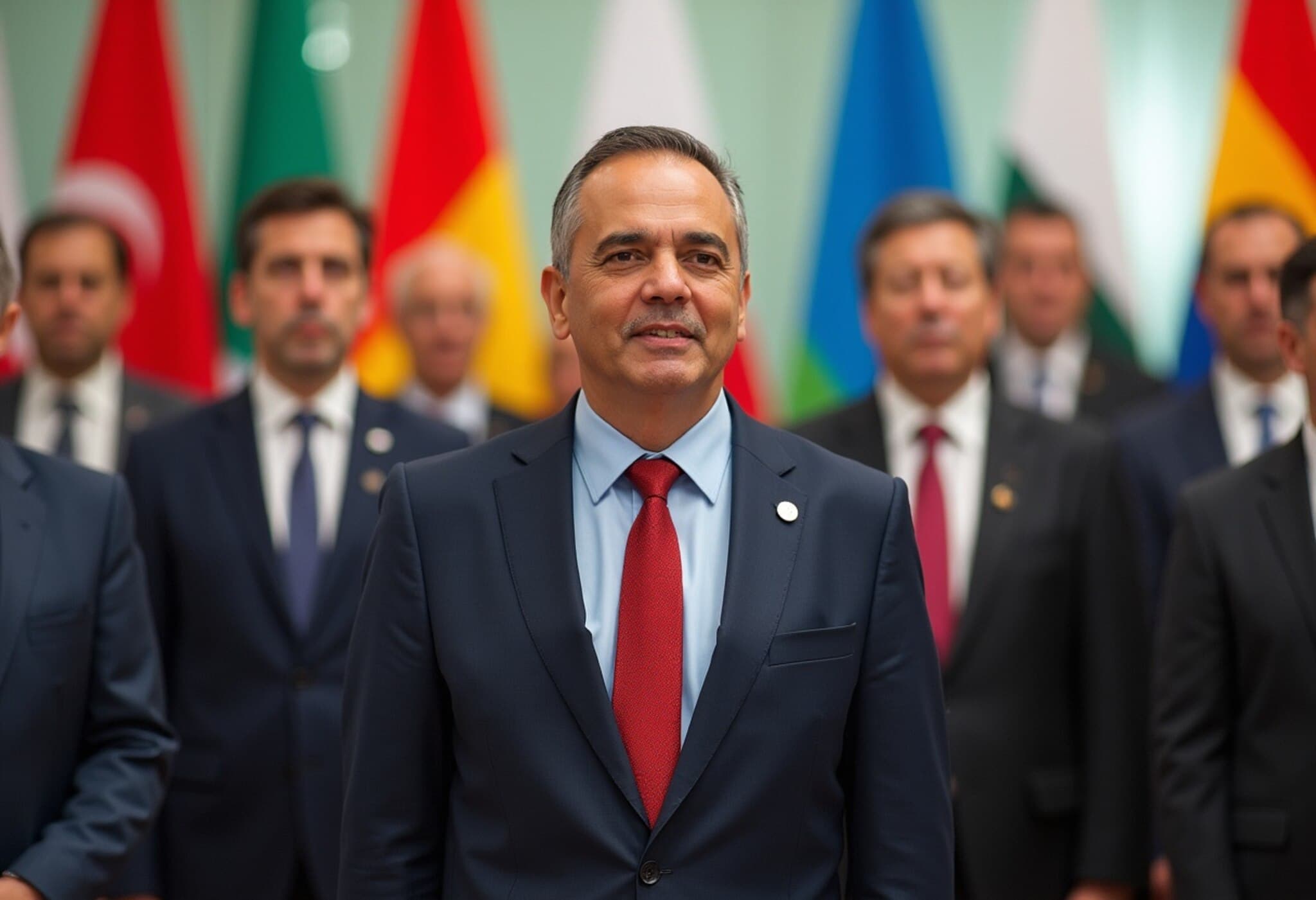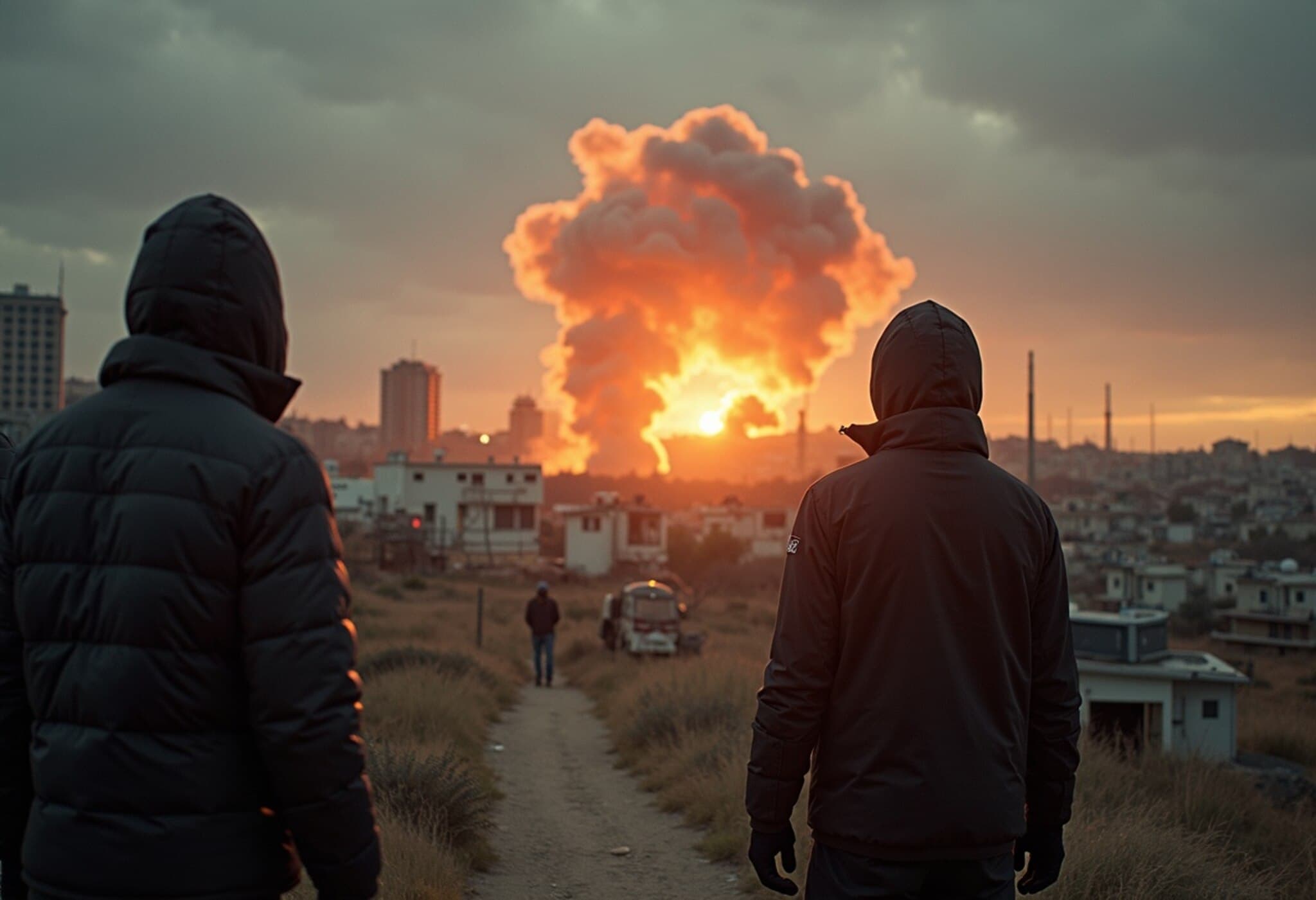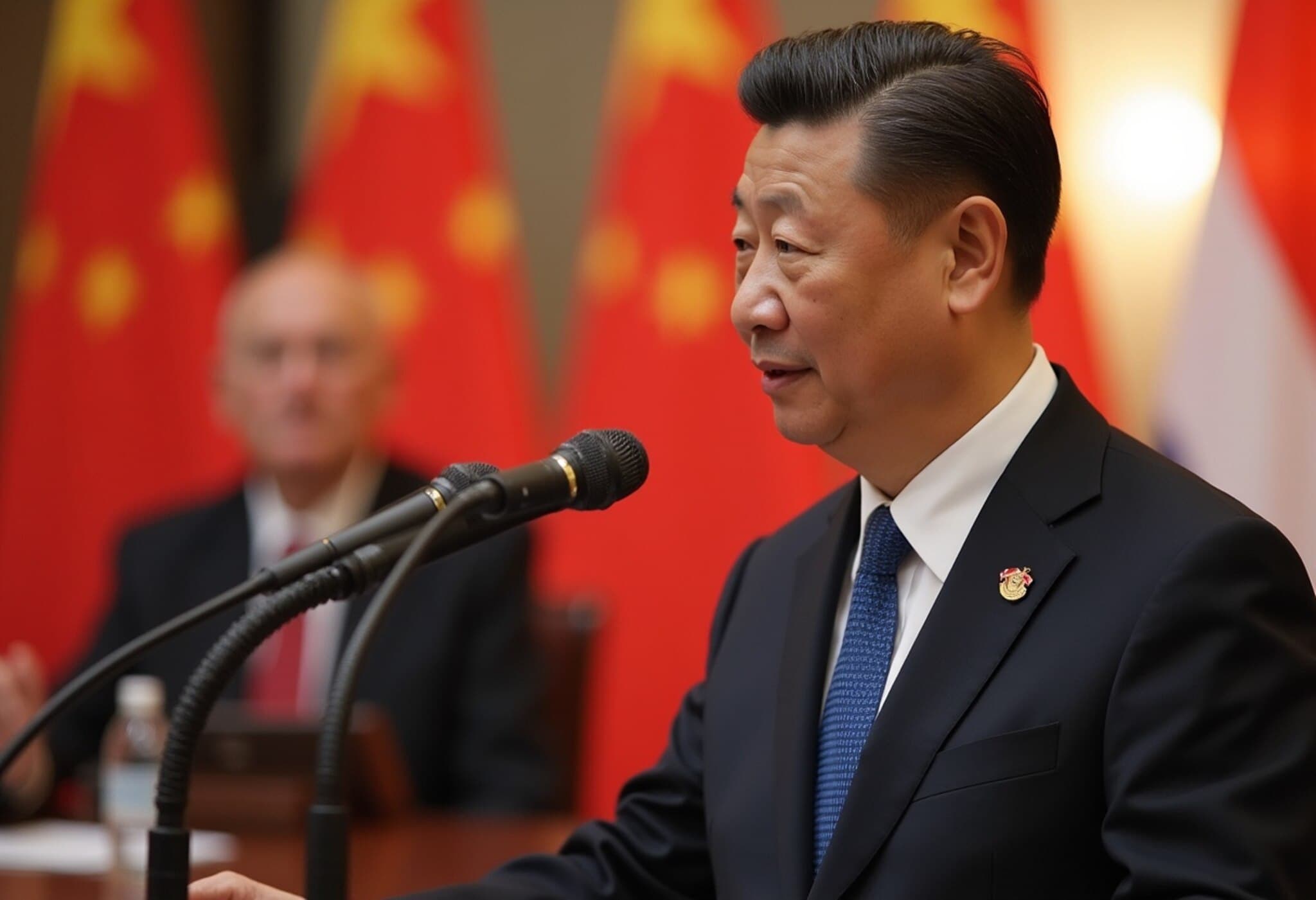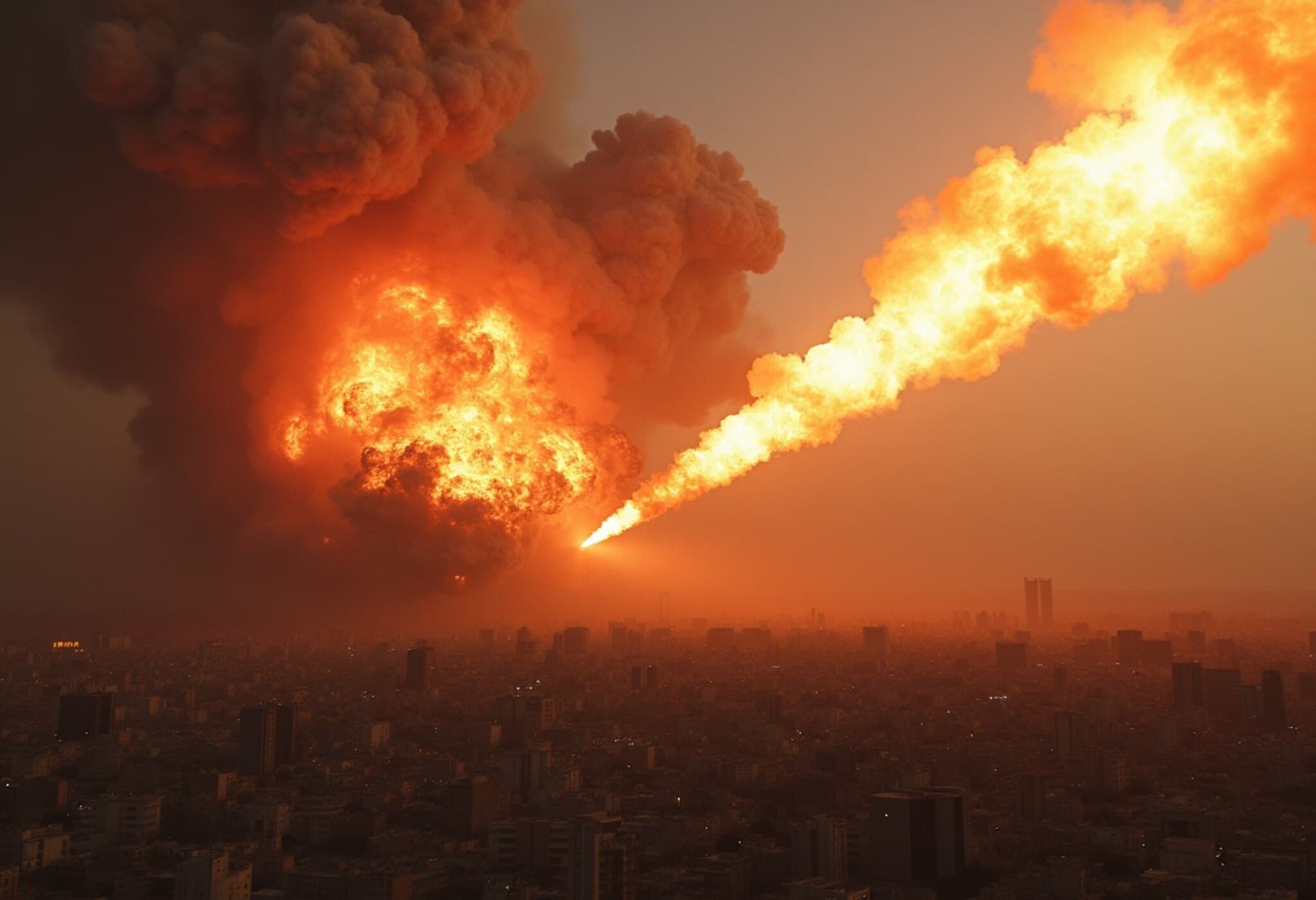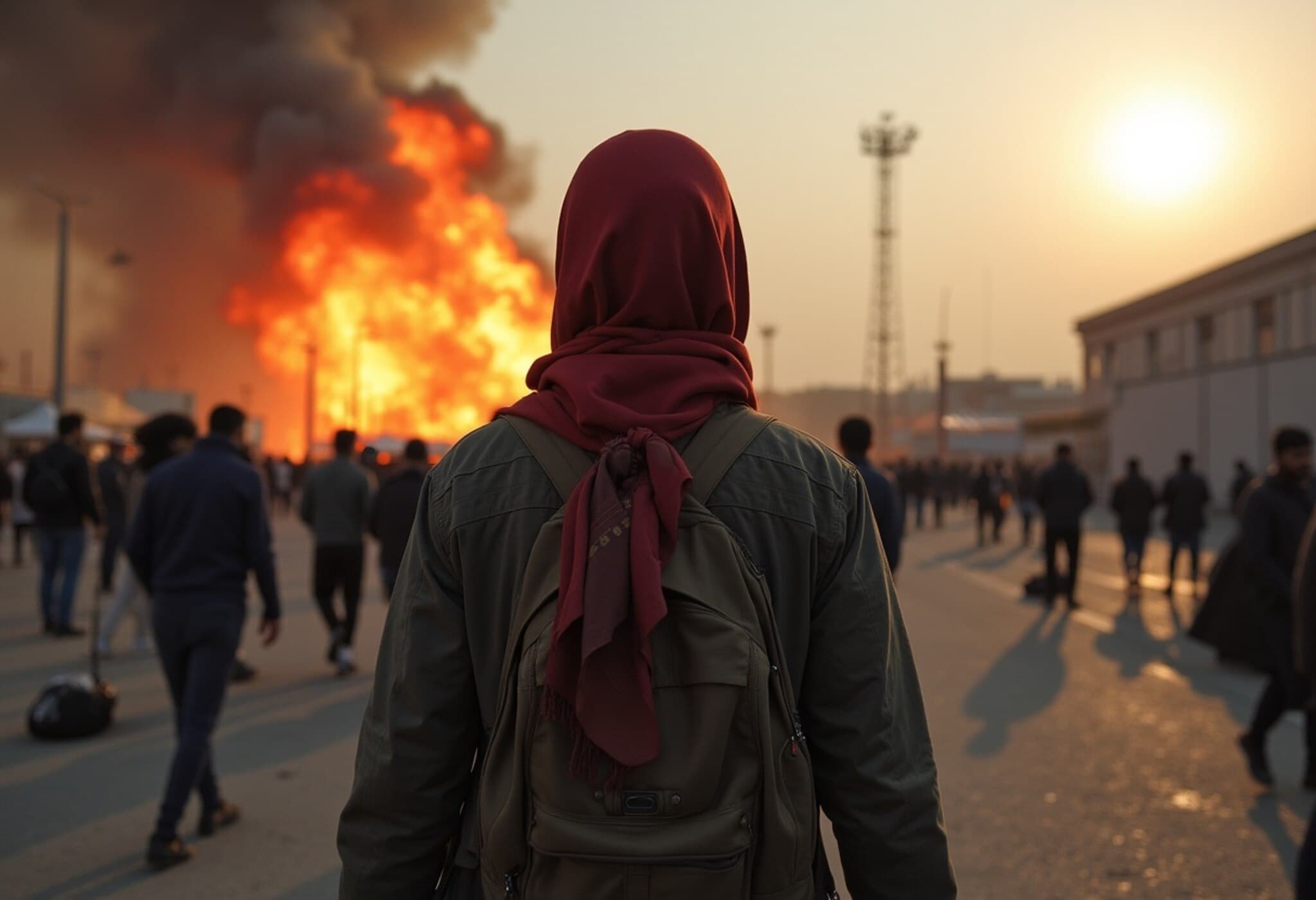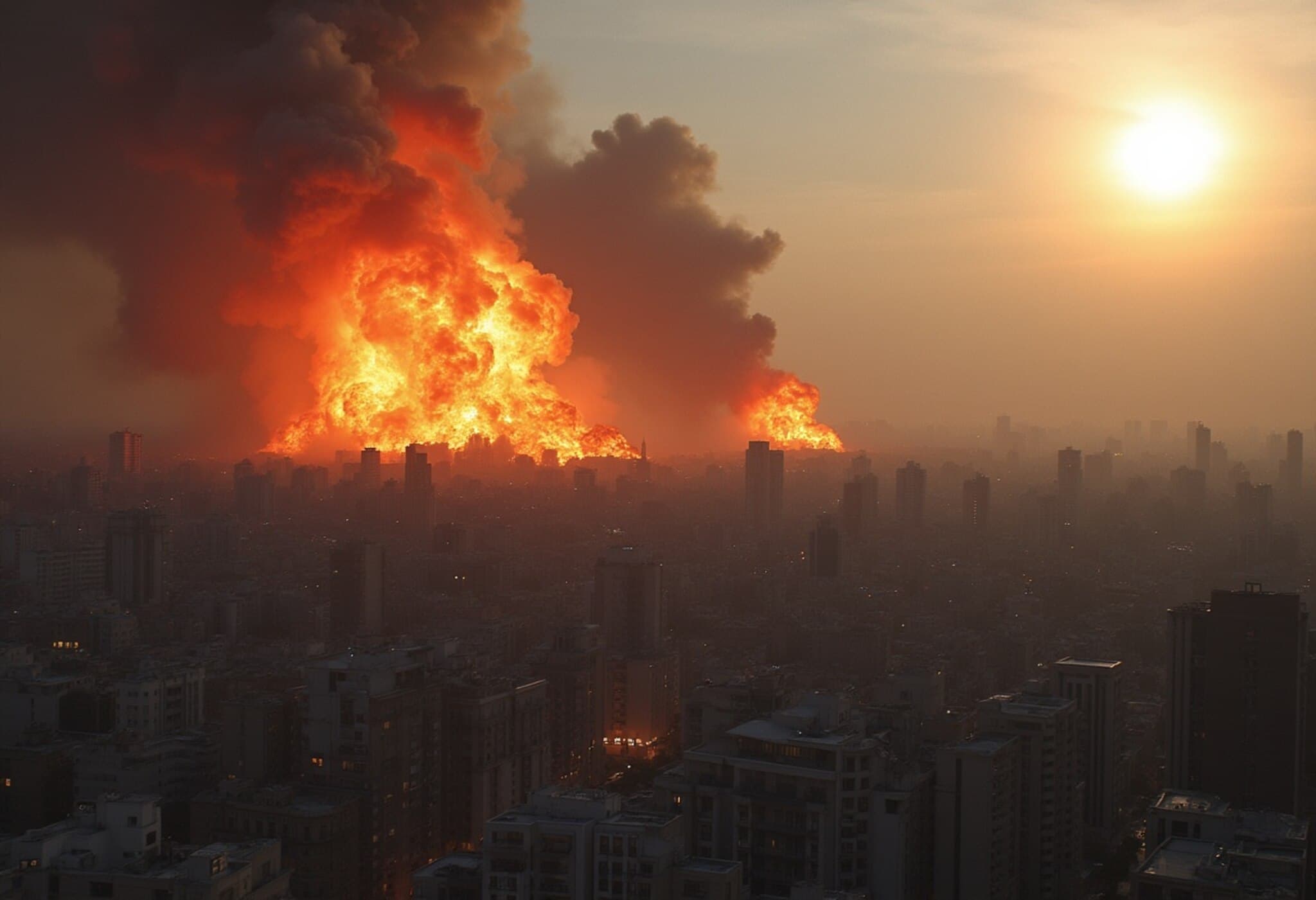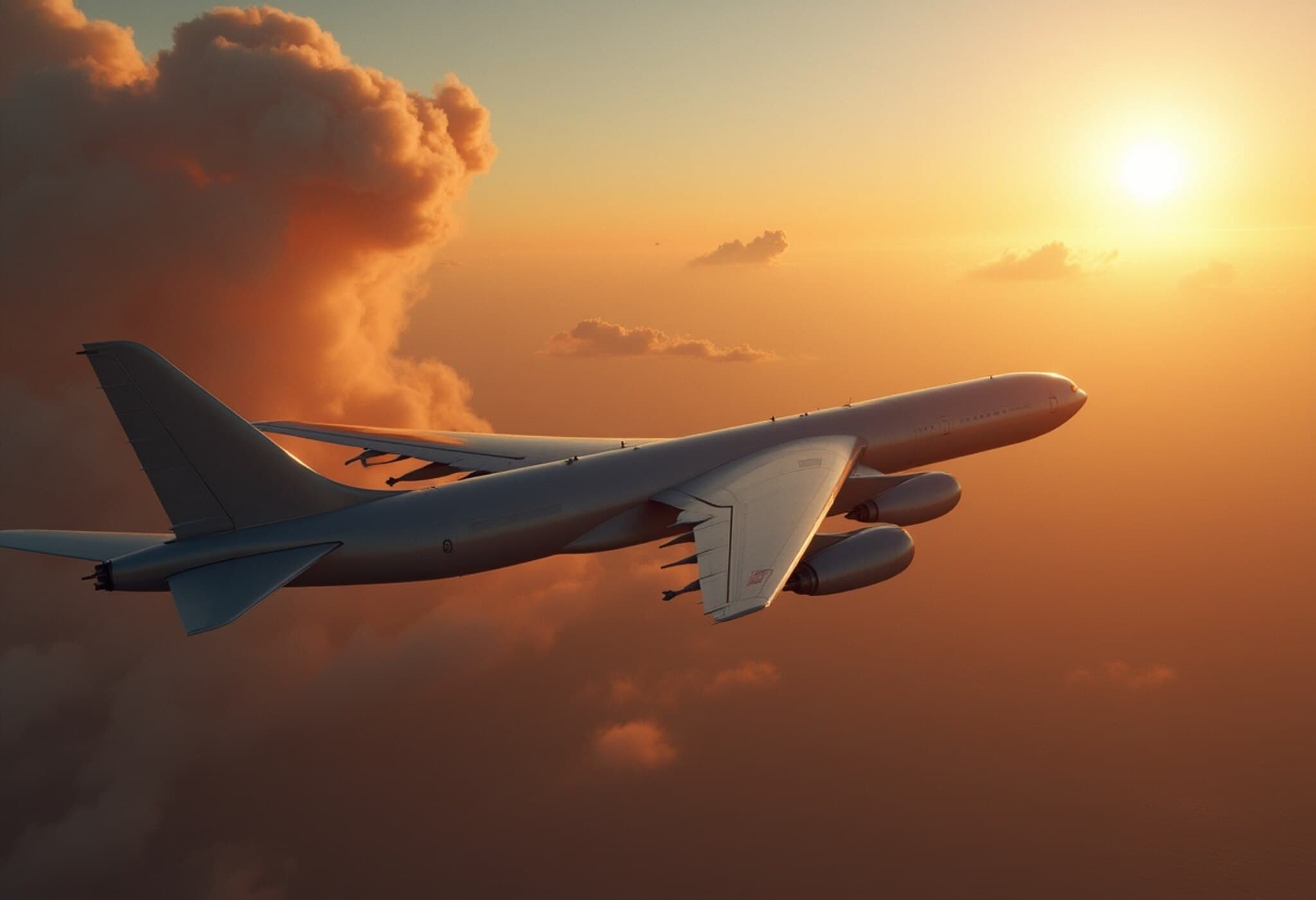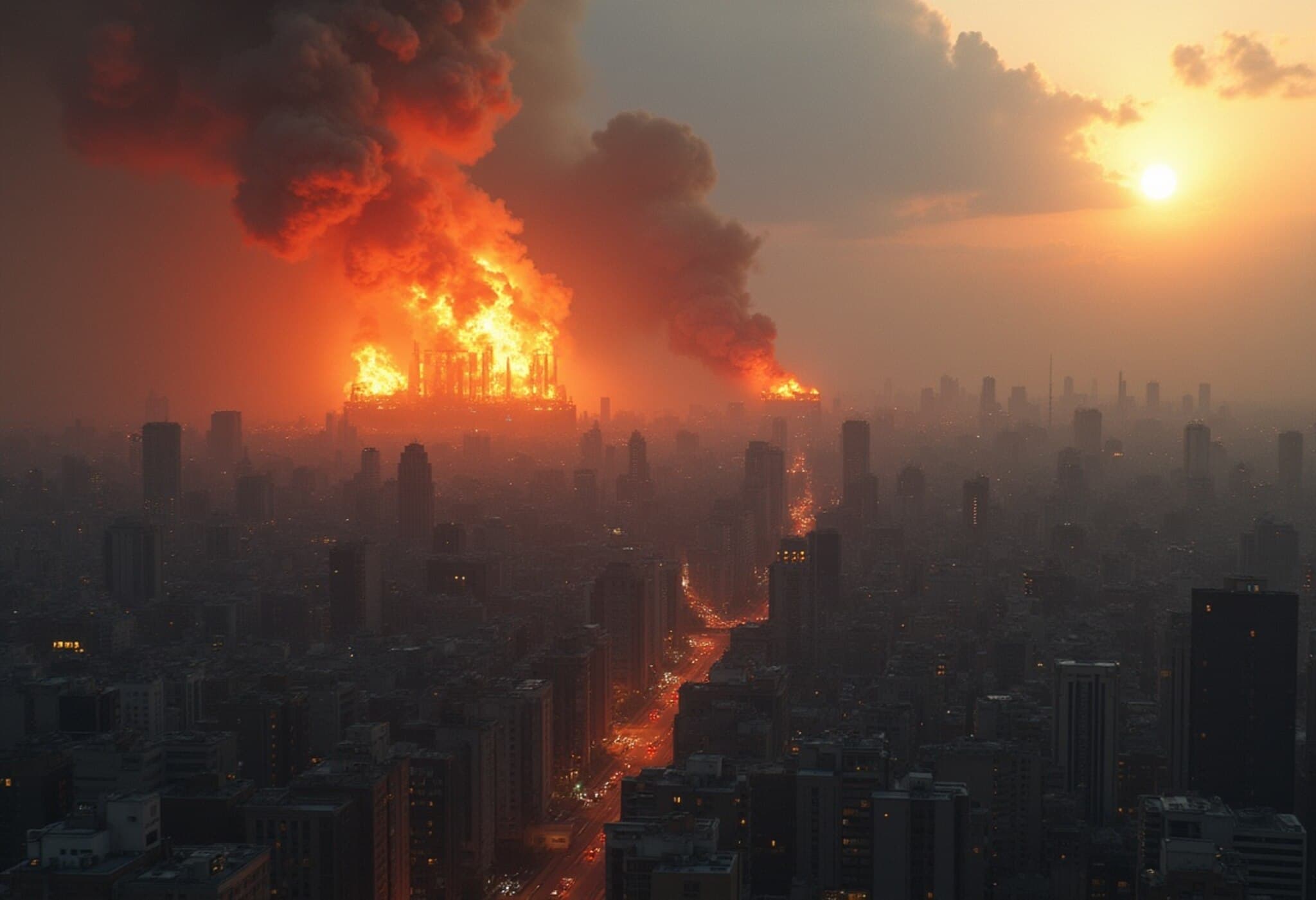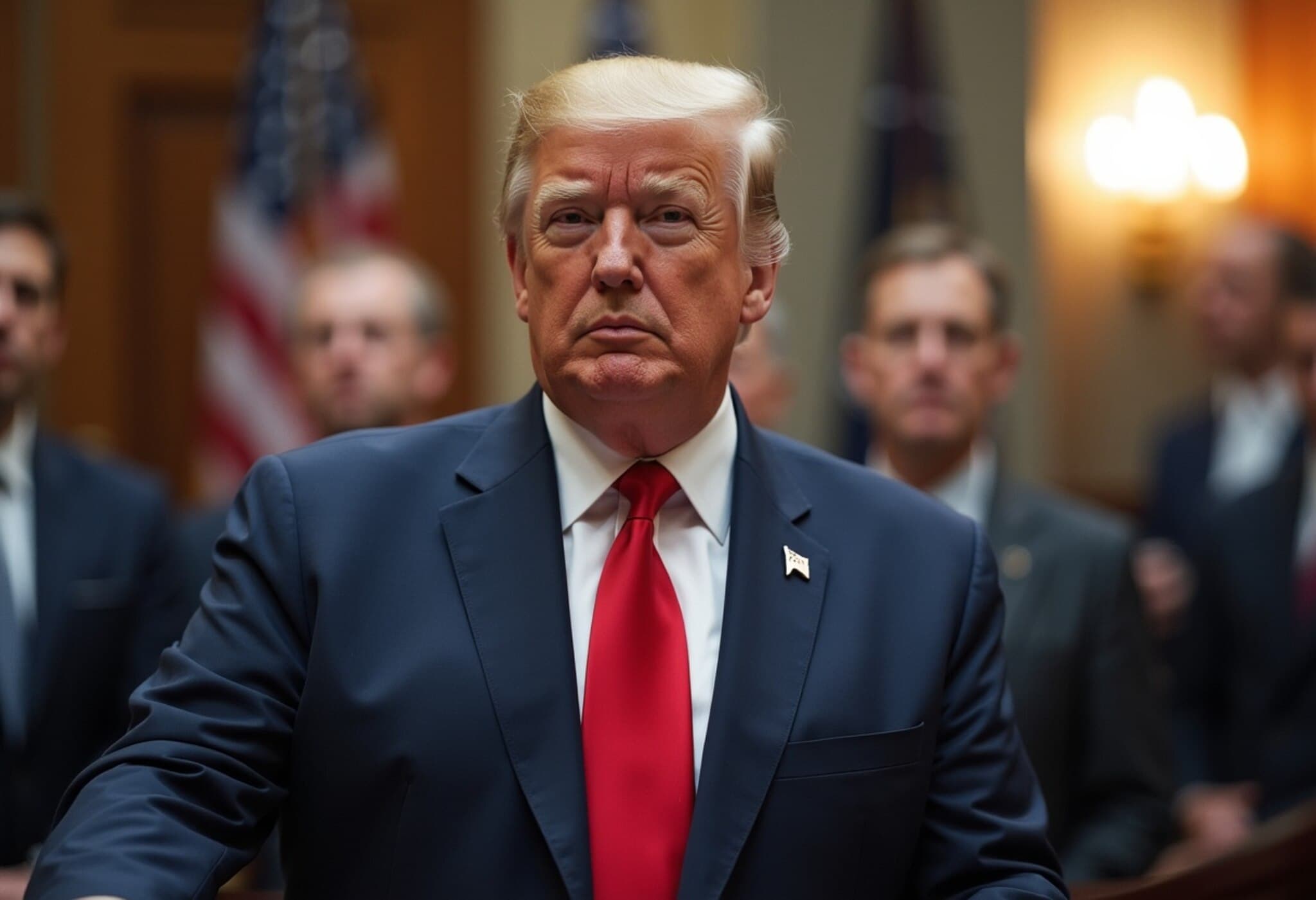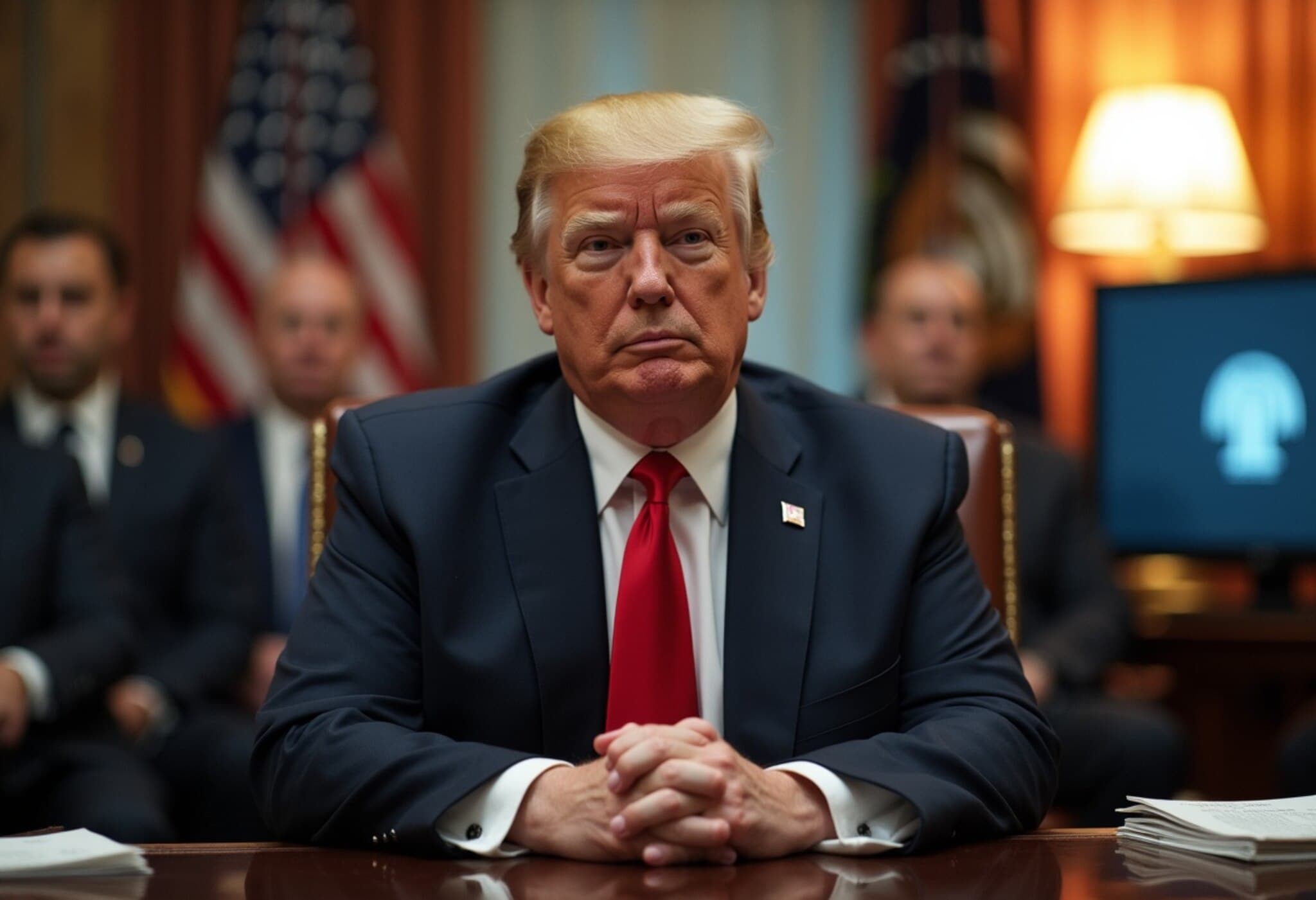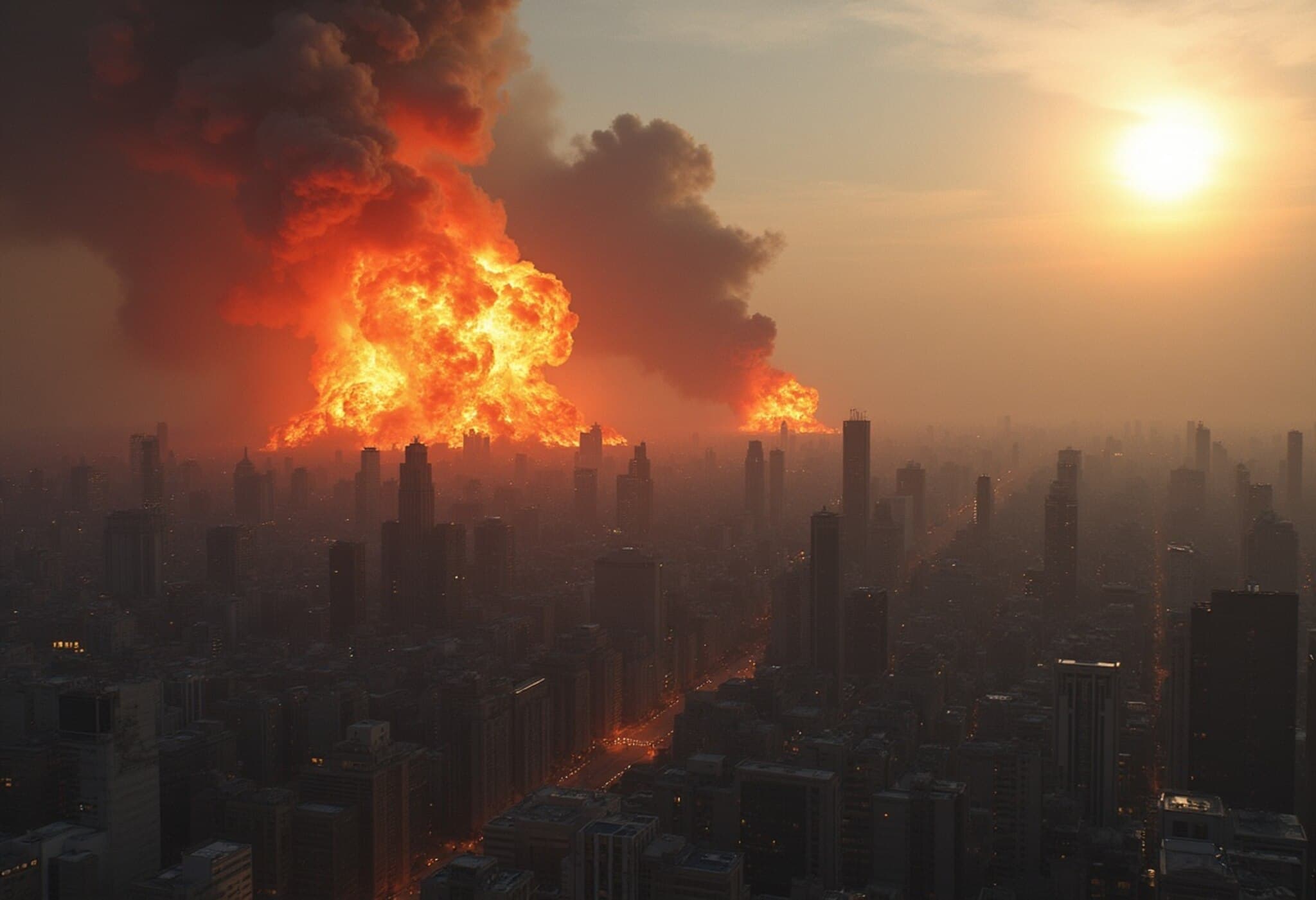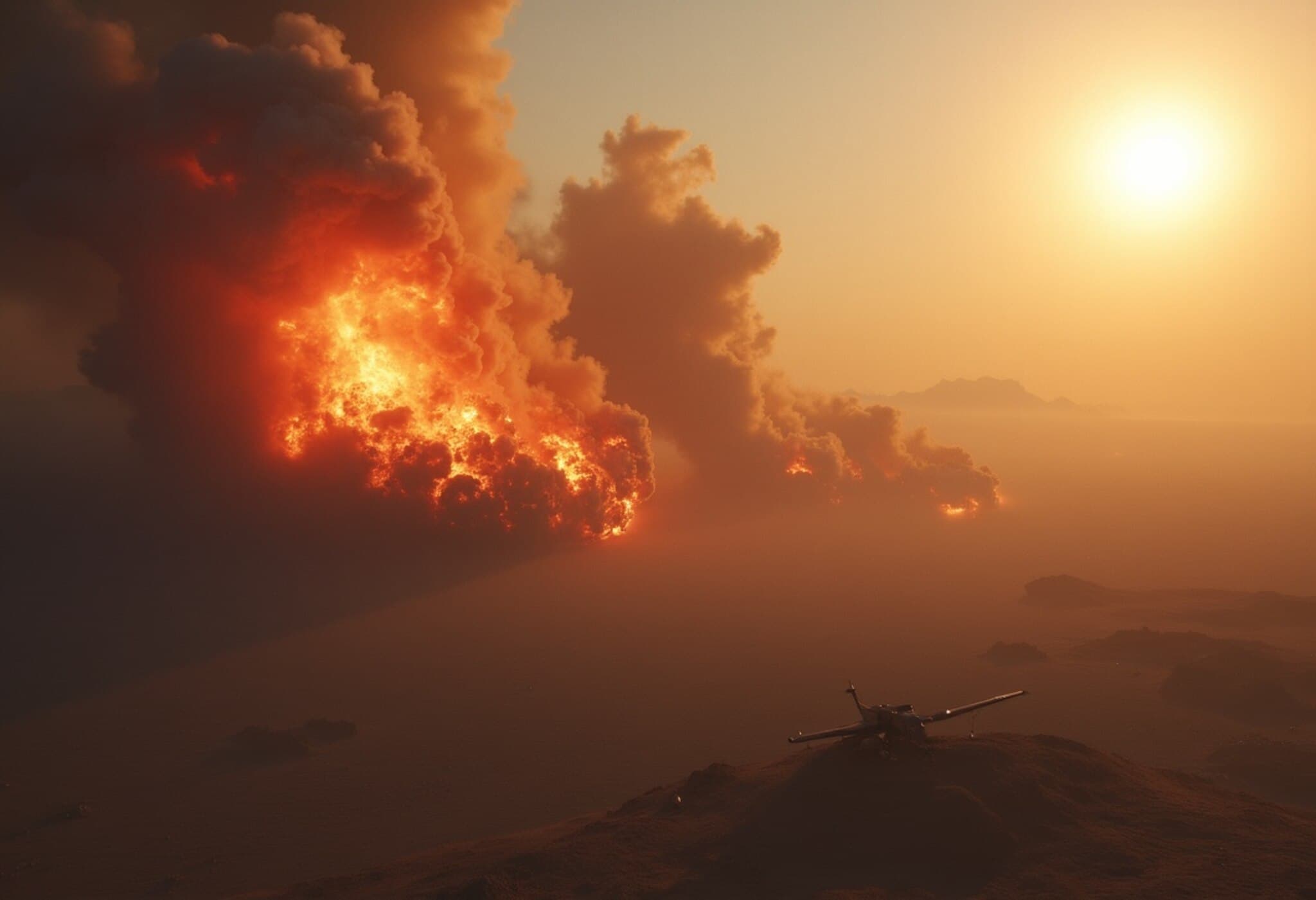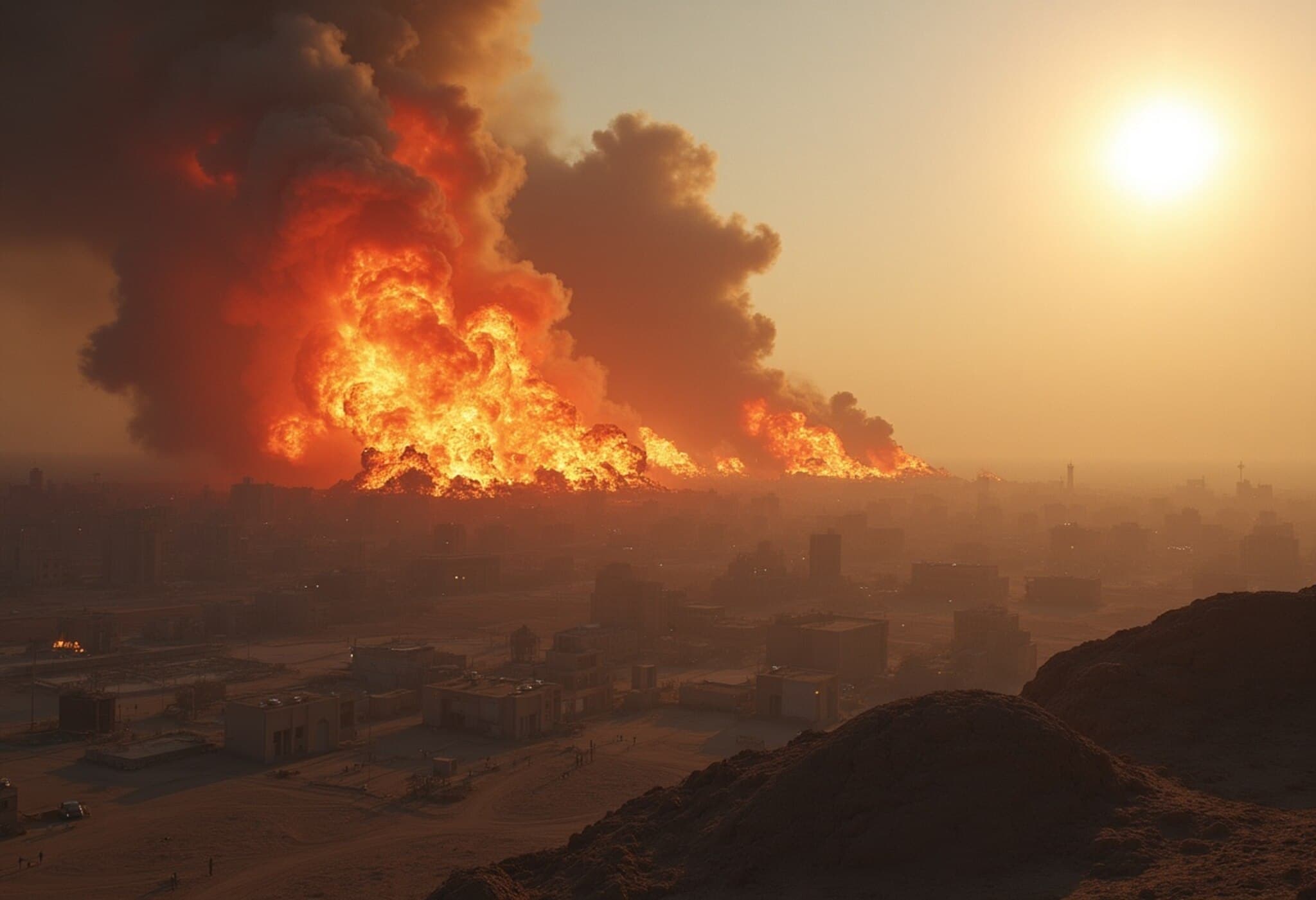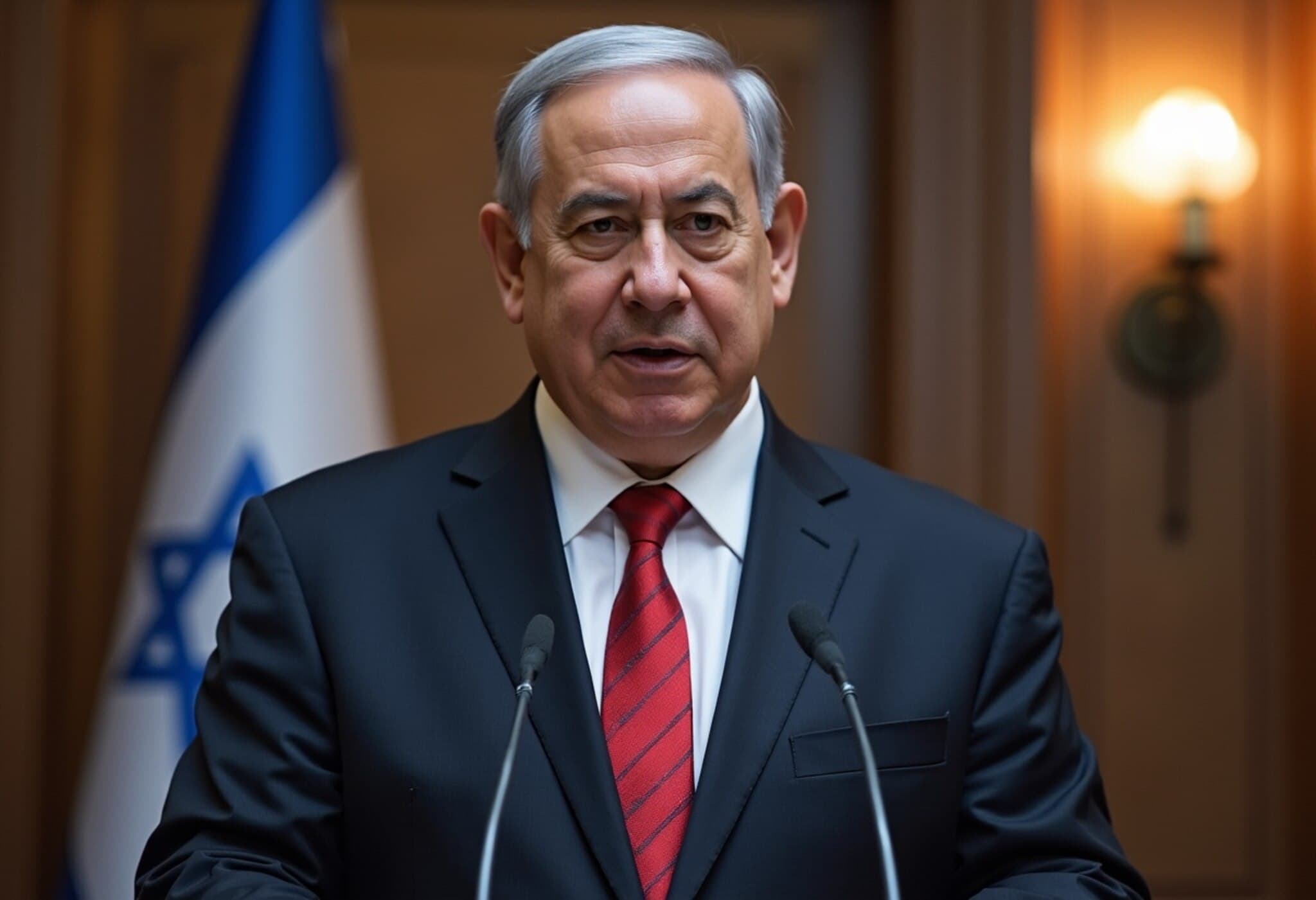US Conducts Strikes on Iranian Nuclear Facilities
On Sunday, the United States launched military strikes targeting three nuclear sites in Iran, sparking a wave of responses from governments and international bodies worldwide. The bombings, announced by former President Donald Trump on a social media platform, have sharply divided the global community.
Responses From International Leaders
Israel Praises the Bold Move
Israel's Prime Minister Benjamin Netanyahu hailed the US action as a historic step, commending President Trump’s decisive strike to prevent Iran from acquiring dangerous nuclear weapons. In a recorded message, Netanyahu declared, "History will remember that President Trump acted to deny the world's most dangerous regime the world's most dangerous weapons."
United Nations Calls for Restraint
UN Secretary-General Antonio Guterres expressed grave concern over the attack, warning that it intensifies an already volatile regional situation. He cautioned that the escalation risks spiraling into widespread chaos with devastating consequences for civilians and global security. Emphasizing diplomacy as the only viable solution, Guterres urged all countries to de-escalate tensions and adhere to international law.
Criticism From Latin American Nations
- Venezuela's Foreign Minister Yvan Gil condemned the US military action, describing it as an act of aggression and demanding an immediate halt to hostilities.
- Mexico's Foreign Ministry called for urgent diplomatic dialogue, stressing the importance of peace and de-escalation in the Middle East conflict in line with its constitutional pacifist stance.
- Cuba's President Miguel Diaz-Canel strongly criticized the strikes as a serious violation of international law and the UN Charter, warning of irreversible consequences.
Iran Denounces the Attack
Iran's Foreign Minister Abbas Araqchi condemned the bombings as a blatant breach of the UN Charter and the Nuclear Non-Proliferation Treaty, describing the attack as "lawless and criminal behavior." He warned of lasting consequences and reaffirmed Iran's right to defend its sovereignty through all available means.
Calls for Peace and Diplomacy
- New Zealand's Foreign Minister Winston Peters expressed worry over the escalating tensions and urged all parties to return to diplomatic talks, highlighting diplomacy as the path to lasting resolution.
- Australian Government Spokesperson acknowledged the security threat posed by Iran’s nuclear and missile programs but stressed the need for de-escalation and dialogue, quoting the US President’s call for peace.
Outlook Amid Rising Tensions
The US strikes on Iran's nuclear facilities have intensified an already precarious geopolitical situation in the Middle East. While some nations view the move as necessary to halt Iran’s nuclear ambitions, others warn of dangerous regional instability and urge an immediate return to diplomatic engagement. As global leaders weigh their positions, the international community faces the critical challenge of balancing security concerns with efforts to avoid further escalation.

